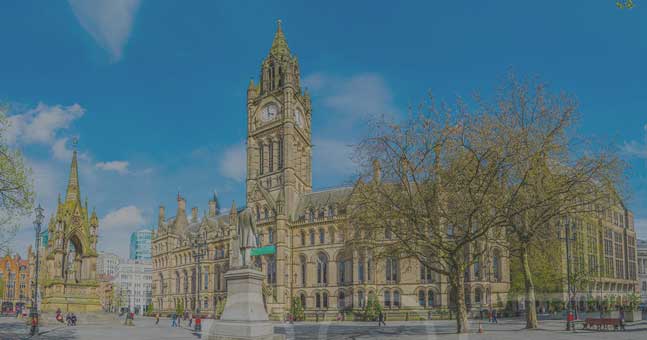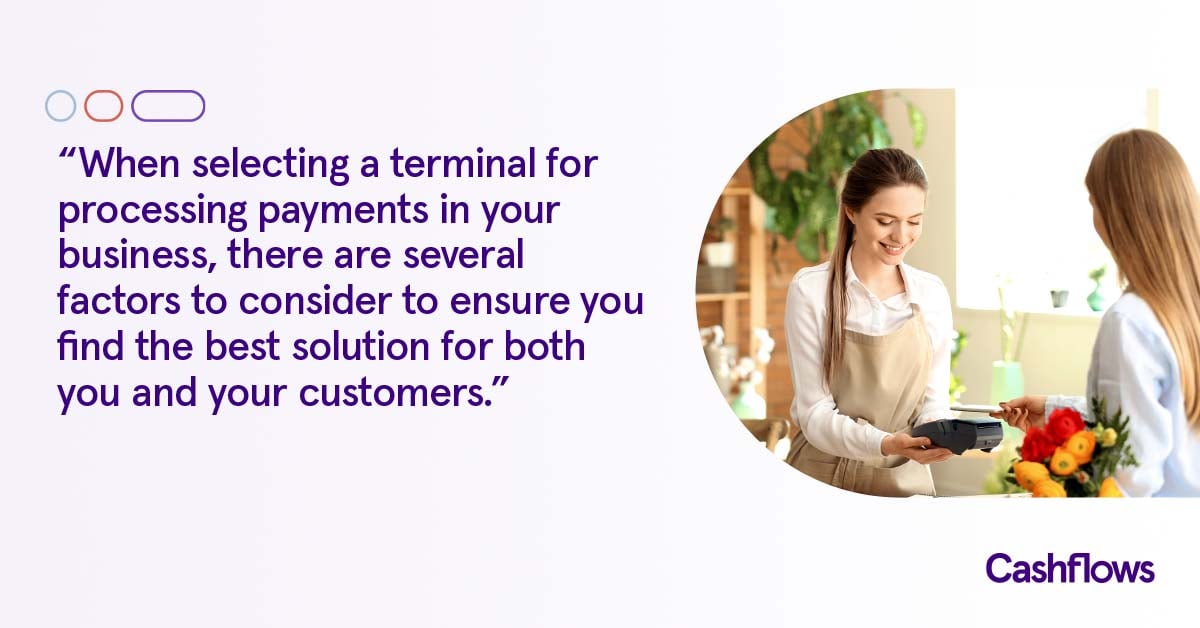Local authorities have been squeezed on all sides by the pandemic. With Covid-related costs rising and incomes falling, maximising income collection while minimising the costs of collection has never been more important.
Councils in England are facing a £2 billion funding shortfall this financial year due to Coronavirus, according to the Institute for Fiscal Studies [1].
PPE and social distancing measures have increased costs for a number of services, particularly around adult social care and homelessness. Education, housing and public health departments have also seen costs rise.
At the same time, income from sales, fees and charges have fallen. Households and businesses have had to radically change their behaviour. And may struggle to pay tax bills and rents.
Caught in this pincer movement on their finances, some local authorities have had to seek emergency government assistance. In May 2020, central government provided £3.7 billion in funding to English councils. Some cash-strapped councils are seeking further bailouts to avoid going bust.
Across the board, councils are having to identify cost savings, implement hiring freezes and make redundancies. Maximising income collection is always critical. Yet minimising the costs of collection is just as important at this time, if not more so.
Promote digital and online payment
There is a misperception that while local authorities pay a transaction-based fee to accept cards, cash is free or almost free. This ignores the costs to count, secure, insure, transport and bank cash. Payments should flow in the most cost-effective manner. Frequently this means digitally via payment cards or direct debit rather than cash or cheques.
It’s not news that digital and online spending has increased since Covid-19 struck. At the height of lockdown in May, online purchases in the UK made up nearly one-third of total retail sales, an all-time high, the Office for National Statistics revealed [2]. Local authorities can ride this wave. Encouraging residents and local businesses to pay digitally and online simply capitalises on existing customer behaviour.
Signage is available from your payment provider to use on the council website and in correspondence to show you welcome digital payment. Promoting remote payment via internet, mail order, telephone and text helps prevent unnecessary trips to council cash offices. It also means councils are open for business 24/7 with no additional staff costs.
Secure renewal revenue with minimum fuss
No-one likes hassle. People are much more likely to do something if it’s easy. Another common misperception about cards is that they’re only for one-off payments. In fact, making regular or recurring payments is just as easy.
What’s more, unlike with direct debits, local authorities receive automatic updates to card details before the billing date. Both Mastercard and Visa refresh details if cards expire, are lost, stolen or upgraded. Cashflows’ Account Updater integrates with them both. So, local authorities always have the most up-to-date details to collect payment, on time, as agreed and with no need to contact customers.
Cards help take the hassle as well as the paperwork out of payment. Consolidated statements from all sales channels are available at the touch of a button from our reporting suite. This includes all authorised and declined payments to make back-office reconciliation a breeze.
For more information
To find out more about taking payments with Cashflows or our proposition to the local authority sector,
[1] ‘Covid-19 and English council funding: how are budgets being hit in 2020-21?’, Institute for Fiscal Studies, 19 August 2020, https://www.ifs.org.uk/publications/14977
[2] Internet as a percentage of total retail sales, Office for National Statistics, https://www.ons.gov.uk/businessindustryandtrade/retailindustry/timeseries/j4mc/drsi


